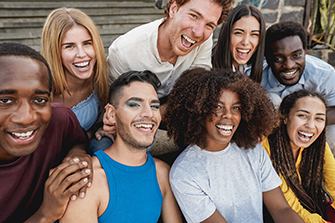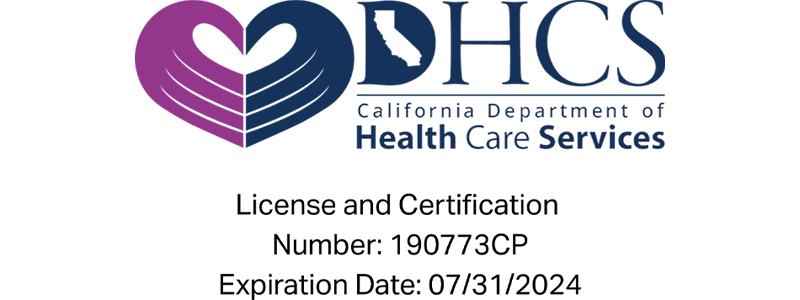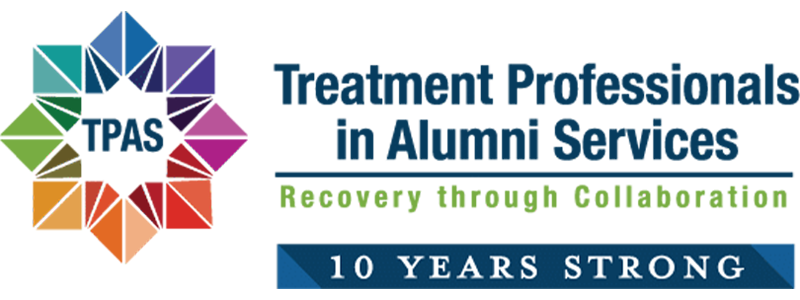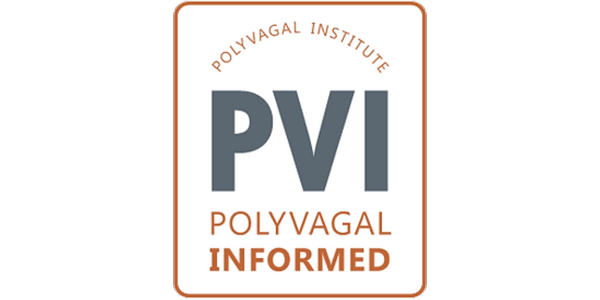LGBTQ+ is an acronym that stands for lesbian, gay, bisexual, transgender, and queer or questioning. The plus sign is the symbol of inclusivity of other acronyms, such as intersex, asexual, aromantic, and much more. Individuals who identify as part of the LGBTQ+ community experience many different things than individuals who are not part of this community, as it is often marginalized. The community presents its own set of struggles and challenges, as well as rewards and triumphs. Keep reading to learn more about the LGBTQ+ meaning, gender identities, and the issues facing this community with ways to help.
LGBTQ+ Meanings to Know About Gender Identities
As either a member of the LGBTQ+ community or as an ally, there are some important LGBTQ+ meanings regarding gender identities to understand, which are important to the community. These include:
- Gender identity: How you feel and express your gender, which does not need to align with the sex you were assigned at birth.
- Gender role: The social behaviors that culture assigns to each sex. Examples: Girls play with dolls, boys play with trucks; women are nurturing, men are stoic.
- Gender expression: How we express our gender identity. It can refer to our hair, the clothes we wear, the way we speak.
- Pronouns: A word used instead of a noun often to refer to a person without using their name. Pronouns can signal a person’s gender. Some of the most commonly used pronouns are she/her, he/him, and they/them.
- Neopronouns: Words created to be used as pronouns but which are gender-neutral.
- Transgender: A person whose gender identity differs from the sex they were assigned at birth.
- Gender fluid: Not identifying with a single, fixed gender. A person whose gender identity may change.
- Gender dysphoria: The psychological distress that occurs when a person’s gender identity differs from the sex they were assigned at birth.
- Cisgender: A person whose gender identity aligns with the sex they were assigned at birth.
- Binary: The concept of dividing sex or gender into two clear categories. Sex is male or female, gender is masculine or feminine.
- Nonbinary: Someone who doesn’t identify exclusively as female or male.
- Genderqueer: People who reject static, conventional categories of gender and embrace fluid ideas of gender (and often sexual orientation). They are people whose gender identity can be both male and female, neither male nor female, or a combination of male and female.
- Misgendering: Referring to someone in a way that does not correctly reflect their gender identity, typically by using incorrect pronouns.
LGBTQ+-Specific Issues
The LGBTQ+ community faces specific issues when it comes to mental health, opportunities, and basic human rights. Statistics to know about the LGBTQ+ community and mental health include:
- Trans people also experience higher rates of discrimination and harassment than their cisgender counterparts and, as a result, experience poorer mental health outcomes. They are also at a greater risk for suicide as they are twice as likely to think about and attempt suicide than LGB people (Haas et al., 2011; McNeill et al., 2017; Irwin et al., 2014).
- 60 percent of LGBTQ+ youth reported being so sad or hopeless they stopped doing some of their usual activities (Kann 2016)
- LGBTQ+ young people are more than twice as likely to feel suicidal, and over four times as likely to attempt suicide, compared to heterosexual youth (Kann 2016)
- Substance Abuse and Mental Health Services Administration’s National Survey on Drug Use and Health (NSDUH) found that one in three LGBQ adults experienced mental
illness in 2015, compared with only one in five heterosexual adults (Medley 2016) - The NSDUH found that 15 percent of LGBQ adults had an alcohol or drug use disorder in the past year, compared to eight percent of heterosexual adults (Medley 2016).
LGBTQ+-Specific Programs
As a member of the LGBTQ+ community, it is important to receive care that is understanding of what you go through. The better able your treatment team is able to understand you, the more successful your recovery will be. Substance abuse is prevalent among the LGBTQ+ community and commonly leads to increased overdose and suicide rates.
At The Pointe Malibu Recovery Center, we understand the special needs of LGBTQ+ clients, their partners, and family members. Addiction, mental health, co-occurring disorders, and chronic pain are amplified and include unique challenges due to the population’s marginalized status within our society. If you are a member of this community, you often face additional stressors, fear, and emotional pain due to the influence of the dominant discourse in our society around homosexuality, gender identity, same-sex marriage, and parenting. We can help you.
About The Pointe Malibu Recovery Center
Members of the LGBTQ+ community can often feel alone, misunderstood, forgotten, or dismissed—especially by the ones they love the most. These challenges come with substance abuse and mental health issues and can be magnified by the traumatic stress, emotional pain, and hatred you may have experienced.
We have established designated “safe spaces” onsite at all of our facilities where LGBTQ+ clients can go to be provided extra support. The Pointe Malibu Recovery Center also has a direct connection with the Los Angeles LGBT Center, one of the nation’s leading support centers for the LGBTQ+ community, and with other LGBTQ+ recovery-specific community resources.
The LGBTQ+ program features:
- Clinical Services
- Individualized Treatment
- Dedicated Treatment Team
- Diagnostic Assessment
- Dietary Wellness Program
- Clinical Director Oversight
- Luxurious Accommodations
- World-Class Medical Services
Our evidence-based treatment modalities include:
- Cognitive Behavioral Therapy (CBT)
- Dialectical Behavior Therapy (DBT)
- Executive Coaching
- Eye Movement Desensitization and Reprocessing (EMDR)
- Family Therapy
- Experimental Components, such as Surf / Water Therapies, Art & Music Therapy and
- Nutritional Counseling
If you’re ready to start your journey to long-lasting recovery, we are here for you.





